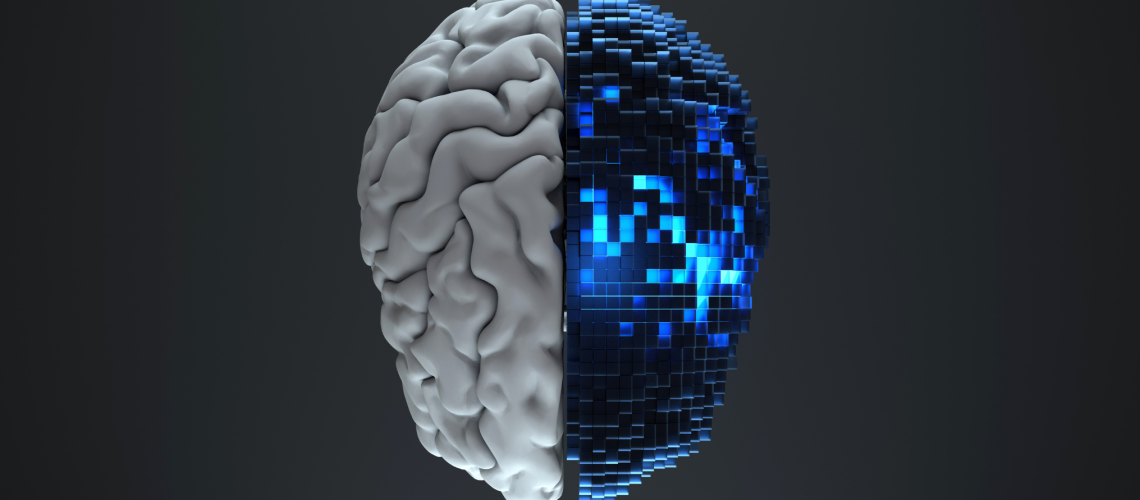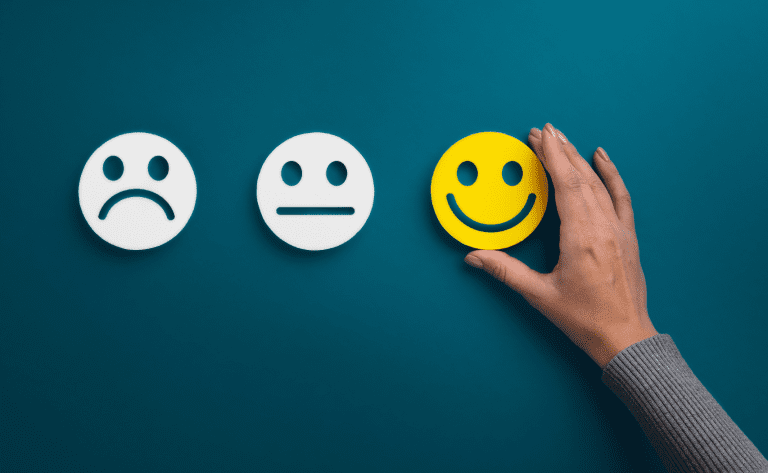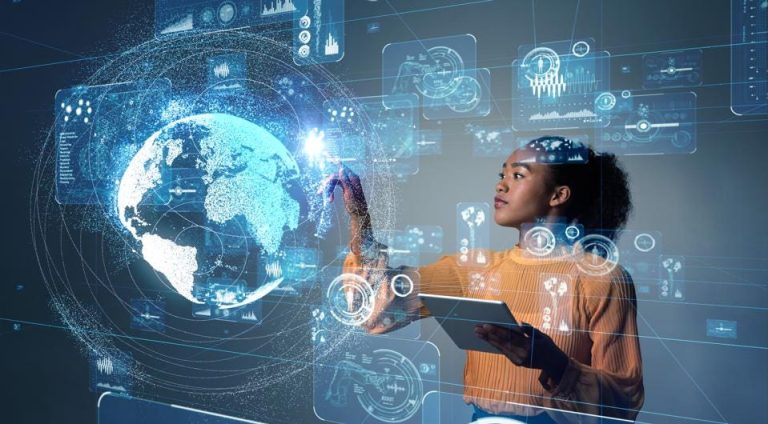Following in the footsteps of the Agricultural, Industrial, and Information Revolutions, a revolution of Artificial Intelligence (AI) is undoubtedly our next frontier. The way we live and work are changing in fundamental ways, and the very meaning and value of being human is being redefined. As such, the relationship between people and work is starting to look much different than it did even five years ago.
Like every change, the transition to an AI-based economy is not happening overnight, but we’re already starting to see it take shape across industries. For millennia, people were hired for jobs because of their knowledge of how to do something and their mastery of tools. Now that AI can master most tools better than humans, we need to rethink how we hire, nurture, and develop talent.
However, humans have a unique advantage over AI, and that is the ability to understand and connect with one another on a personal level. This falls into the category of soft skills—including areas like communication, teamwork, adaptability, and relationship building. But unlike hard skills, these skills can be hard to measure.
So, how can businesses find a balance between harnessing technology and valuing human talent? The key lies in identifying and using those critical soft skills in employees and prospects to help your business excel, and leaving the more tactical routine tasks to machines. This article will explore how AI can help identify and cultivate these essential soft skills, leading to improved workplace environments, more satisfied employees, and a harmonious relationship between humans and algorithms.
The Shifting Landscape of Skills-Based Hiring
Historically, people were hired based on their ability to perform specific tasks and their proficiency with tools—a practice known today as skills-based hiring. This approach prioritizes specific skill knowledge over requirements like education, credentials or recommendations. Modern companies are revisiting this concept by identifying the critical skills necessary for success in their unique roles and developing tools to measure them effectively.
While skills-based hiring remains prevalent in today’s job market, the landscape is changing. AI is increasingly augmenting various job functions, making employees either more efficient or in some cases, redundant. As AI technology advances, it could eventually surpass human capabilities in many roles, putting more skilled jobs at risk.
Is this the end of human employment as we know it? It’s true that while AI will displace jobs in certain industries, it is also likely to create new jobs, although the nature of these jobs will be progressively different. Estimates from SHRM and Harvard Business Review suggest that 97 million “jobs of the future” could emerge as a result of the shift from human to machine labor. And there will always be a place for uniquely human skills in this new era.
So, where do humans fit in in the job market of the not-so-distant future? Humans are naturally inclined towards creativity, community, and contributing to something greater than themselves. The demand for human purpose will ensure our continued relevance in the workforce. Despite the rise of AI companions, it is other humans with whom we form meaningful connections. As a result, we can expect a greater emphasis on relationships and soft skills in the job market.
Soft Skills vs. Hard Skills
AI may excel in technical knowledge, but it is not expected to fully replicate the human ability to understand, connect, and communicate. These soft skills will be crucial for the success of companies in the AI era.
Consider a scenario in which your airline flight is delayed, causing you to miss your connecting flight. An AI-powered chatbot might get you rebooked and resolve the issue, but it lacks the empathy and care to help change the tone. The human touch goes a long way in building long-term loyalty and repeat customers.
The importance of soft skills is undeniable, yet identifying and integrating them into job requirements is challenging because they are subjective and often influenced by biases. For example, salespeople are commonly stereotyped as “hunters,” a trait often associated with aggressive, masculine characteristics. However, data shows that these stereotypes do not necessarily align with the personal qualities that drive sales success.
Unsurprisingly, AI can play a crucial role in this area. Not by replacing humans, but by helping match individuals with jobs where their soft skills will enable them to thrive. Organizations already possess valuable data from their employees that AI can use to identify important soft skills. This includes attributes such as job success metrics, retention rates, satisfaction levels, and feedback on what is considered important for success in each role.
Using AI for soft skills-based hiring has the added benefit of universality. Employers can evaluate candidates for multiple roles simultaneously, while candidates can apply for numerous positions at once. This streamlines the application process and helps identify high-quality candidates who might otherwise be overlooked.
A Look Ahead for Talent Development
What will professional development look like when soft skills become the primary focus? Traditional job competency models, which many organizations have used, are losing relevance due to the dynamic nature of skills and competencies today. These models lack personalization, which is crucial in the evolving job market.
Just as neither nature nor nurture alone defines a person, employers cannot rely solely on recruitment or professional development to attract top talent. In the future, AI will be used to determine development priorities that are highly personalized for each individual, based on their current or prospective roles.
This represents a significant leap forward from static, role-based competency models and one-size-fits-all development plans. The next step is to fully personalize the learning experience, driven by these tailored priorities. Personalization parameters will include the role, industry, and markets, as well as individual characteristics such as motivations, attention patterns, and learning preferences. This approach will ensure that learning is not only relevant but also engaging and tailored to each employee’s unique style.
AI has the potential to be a tool for displacing jobs or enhancing professional fulfillment. The choice of how to use this technology is ours. We believe AI can help humans remain a productive force while also becoming better versions of ourselves. By leveraging our soft skills and working together, we can shape a positive future where AI and human talents coexist harmoniously. Let’s use our unique human abilities to create a prosperous AI-driven future for all.
Gershon Goren is the Founder and CEO of Cangrade.













